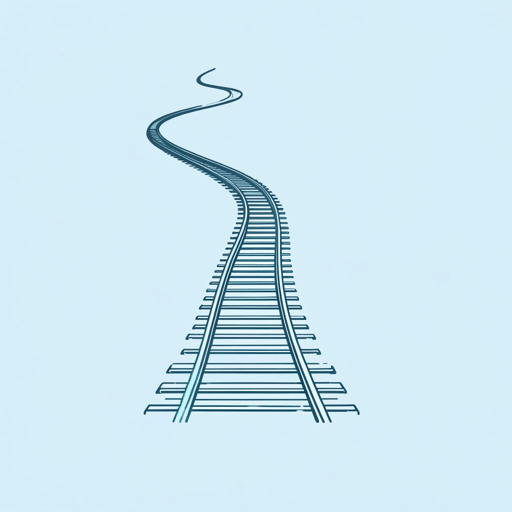65 pages • 2 hours read
W.G. SebaldAusterlitz
Fiction | Novel | Adult | Published in 2001A modern alternative to SparkNotes and CliffsNotes, SuperSummary offers high-quality Study Guides with detailed chapter summaries and analysis of major themes, characters, and more.
Important Quotes
“During the pauses in our conversation we both noticed what an endless length of time went by before another minute had passed, and how alarming seemed the movement of that hand, which resembled a sword of justice, even though we were expecting it every time it jerked forward, slicing off the next one-sixtieth of an hour from the future and coming to a halt with such a menacing quiver that one’s heart almost stopped.”
(Page 26)
During their first encounter at Centraal Station in Antwerp, the narrator remarks on the variability of time. The minute feels stretched to eternity, while the movement of the clock hand is abrupt. The language connotes a violence in clock time, which exercises absolute authority over the world.
“[I]t had been forgotten that the largest fortifications will naturally attract the largest enemy forces, and that the more you entrench yourself the more you must remain on the defensive, so that in the end you might find yourself in a place fortified in every possible way, watching helplessly while the enemy troops, moving on to their own choice of terrain elsewhere, simply ignored their adversaries’ fortresses, which had become positive arsenals of weaponry, bristling with cannon and overcrowded with men.”
(Page 34)
Austerlitz’s history of fortress architecture is not only a history but also a description of the runaway elaboration that characterizes people’s attempts to defend themselves. The perfected fortress symbolizes the crucial mistake of believing it is possible to design an infallible defense; because such designs are static, they are vulnerable to unforeseen variables.
“At the most we gaze at it in wonder, a kind of wonder which in itself is a form of dawning horror, for somehow we know by instinct that outsize buildings cast the shadow of their own destruction before them, and are designed from the first with an eye to their later existence as ruins.”
(Page 37)
Austerlitz comments on the awesome nature of monumental buildings. He believes such buildings are not actually grand, because they are built out of fear and a desire to conceal our greatest insecurities. They are spectacular and seem to transcend everyday human existence, yet this very transcendence is founded on the suffering involved in their construction; this dynamic appears in the fatal poisoning of those who built the mirrors in the Centraal Station.


